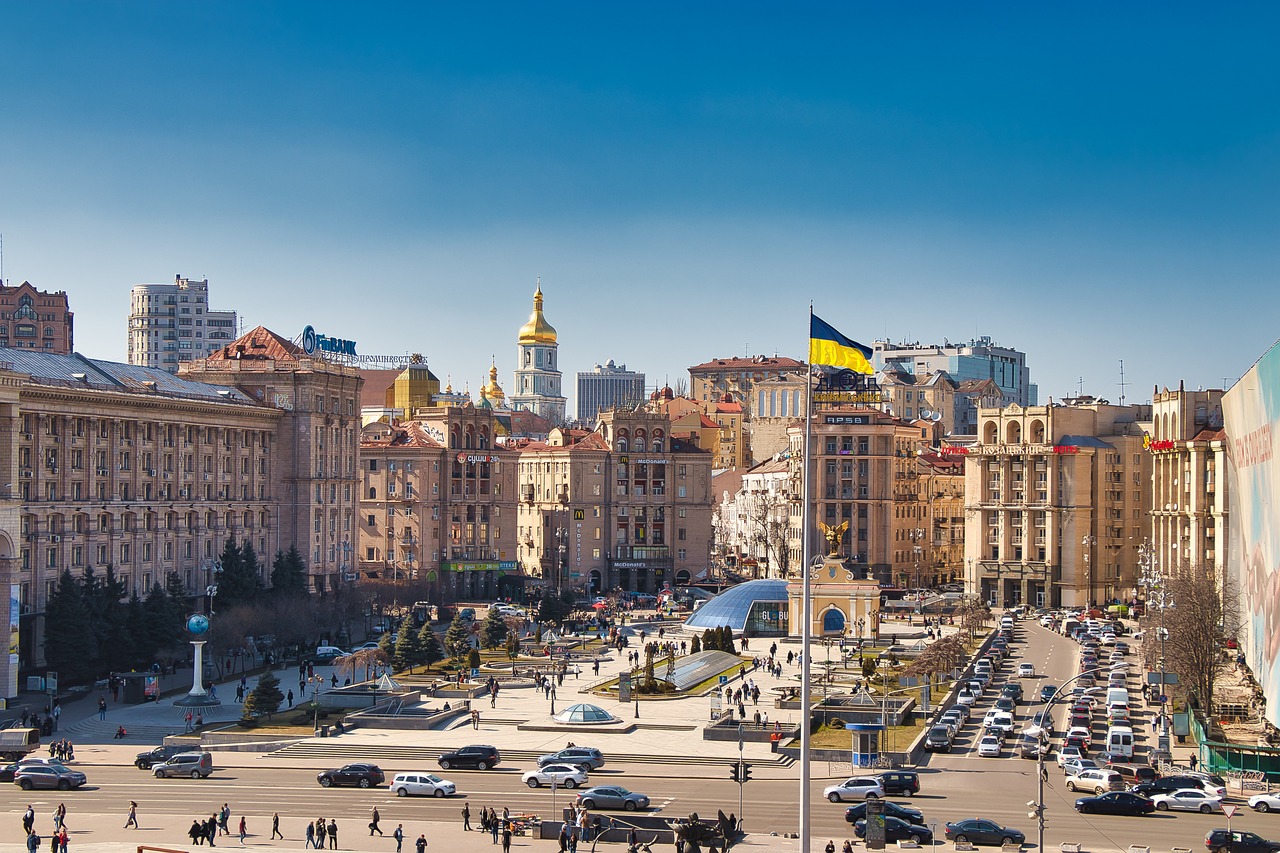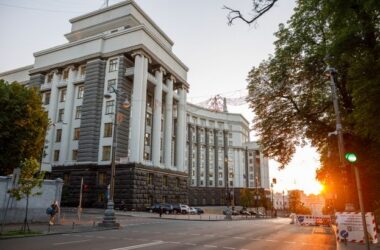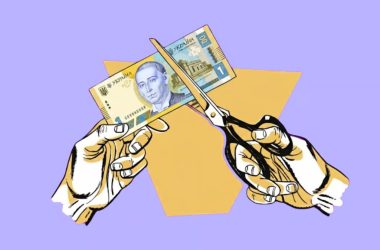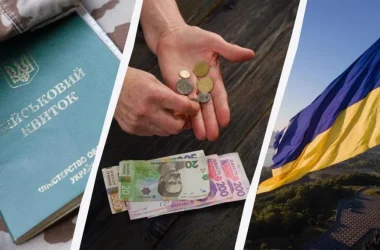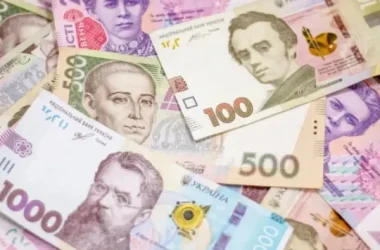The British magazine The Economist analyzes the International Conference on the Reconstruction of Ukraine, which began in Berlin on June 11. Texty.org.ua retells the main points of the article.
The publication writes that the President of Ukraine, Volodymyr Zelensky, speaking at the conference, asked for help in decentralizing the country’s energy system (with the help of generators, solar panels and windmills), as well as for the provision of more air defense systems. German Chancellor Olaf Scholz announced that he would provide Ukraine with a third Patriot missile battery.
“The long-term issues are how to return Ukraine’s economy to prosperity and how to finance both current government spending and the final reconstruction of the country.
As of last winter, the World Bank estimated the cost of repairing the destruction caused by the war at US$486 billion, a figure that does not include recent damage to the power system. The entire state budget of Ukraine for 2024 is $87 billion (about half of which is spent on defense), but the expected tax revenues are only $46 billion. The rest must be filled with foreign aid or borrowing,” the article says.
The Economist notes that another question mark hanging over the conference was the absence of Mustafa Nayem, who left the post of chairman of the Recovery Agency on June 10.
“Nayem and his associate Oleksandr Kubrakov, who was dismissed from the position of Minister of Infrastructure in May, entered into a conflict with Zelenskyi and his influential aide Andriy Yermak. Ukrainian sources claim that they were considered too independent, and their direct contacts with Western donors – threatening.
The suspension of Mr. Kubrakov and Mr. Nayem contributed to the growing concern among Ukraine’s foreign partners about the reliability and transparency of the government,” the article says.
“They have taken the steps necessary to ensure transparency and accountability in our recovery procedures. This trust was flushed down the toilet,” The Economist quotes Darya Kaleniuk from the Anti-Corruption Center. The head of a major Western donor agency told the conference that the fact that Kubrakov has not yet been replaced is not encouraging, and that it is important to appoint a successor with an impeccable reputation.
The British magazine notes that it will not be easy to find a worthy replacement for Kubrakov. The publication quotes Ukrainian public activists who say that the improper treatment of Revolution of Dignity activist and anti-corruption campaigner Nayem has made working in the government unattractive. “No one will go to work for them,” said one of the representatives of Ukrainian NGOs.
The Economist writes that most of the aid announced at the conference was focused on attracting private business — what the EU calls the “second pillar” of its support program for Ukraine. Investors do not dare to go to Ukraine because of the risks associated with the war. Ursula von der Leyen, the president of the European Commission, announced 1.4 billion euros of new investments from European banks, as well as guarantees for banks that are ready to provide loans to Ukrainian businesses.
Ursula von der Leyen also noted that the EU continues to implement the plan to use frozen Russian assets, which amount to about 300 billion dollars, to help Ukraine. The plan uses a complex financial mechanism to transfer profits from frozen assets to the Ukrainian government; 1.5 billion euros should be transferred in July. Pro-Ukrainian groups have lobbied the US and the EU for the full confiscation of these assets, but this has not yet happened due to concerns that this could violate international law.
“Perhaps the biggest concern is that there will be no big bailouts in the future. European politics is shifting towards the Russian-friendly far right, and America may re-elect Donald Trump in November.
But these were questions that the Ukrainians at the conference could not answer; they were just happy for the help they were getting. Igor Terekhov, the mayor of Kharkiv, which has been mercilessly bombarded by Russia for several months, signed an agreement on the pre-financing of a multimillion-dollar loan from the European Bank for Reconstruction and Development. The money will be used to modernize his city’s subway. According to him, it will also free up municipal funds for the production of heat and electricity this winter: “This is a matter of life and death,” the publication concludes.



